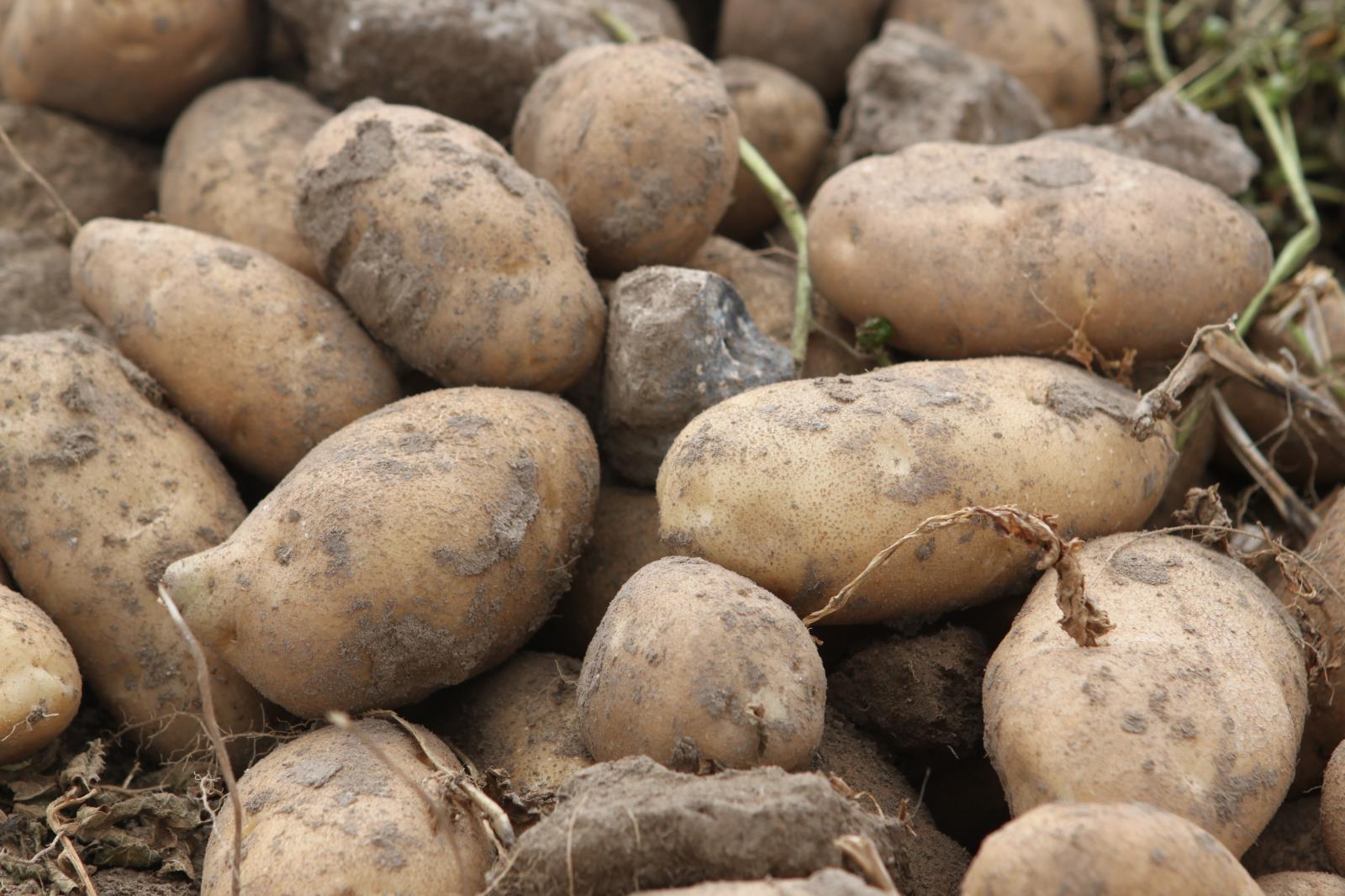The dumping of crops is only done as a last resort

By Sean Ellis
Idaho Farm Bureau Federation
POCATELLO – The reports of some farmers, ranchers or dairy operations dumping their farm commodities is not easy news to digest.
But imagine how the farmer feels?
When a producer makes the decision to destroy some of their crop, it is their absolute last resort and they do it with a heavy heart, farm industry leaders say.
A lot of producers are donating their crops to food banks and other feeding programs right now but sometimes that isn’t an option due to logistical hurdles or economics, said Pat Kole, director of industry and government relations for the Idaho Potato Commission.
Most of the producers who are currently donating their product to help needy Americans are doing so quietly and it doesn’t make the news, he said. But when a producer makes the difficult decision to destroy their product, it does make the news.
“Farmers would rather sell or donate their crop than see it go to go waste,” Kole said. “Every farmer, every dairyman, every rancher. Everybody that grew up on a farm or ranch or who understands what it means to be in agriculture hates to see food go to waste, particularly the guy who grew the crop or milked the cow.”
Farmers would welcome any ideas people have to put their unsellable product to use, he said, and the IPC and other farm organizations will do what they can to help make that happen.
“Farmers can’t put more of their livelihood at risk, so help them out here,” Kole said. “Help them get it to people in need and we’ll do what we can to help facilitate that.”
The near shutdown in food service channels – restaurants, schools, cafeterias, etc. – has caused demand for many agricultural commodities such as milk, potatoes and onions, all of which are grown on a large scale in Idaho, to decrease significantly.
Farm-gate potato prices – the price that farmers receive for their spuds – have dropped more than 50 percent since the coronavirus outbreak started, and farm-gate milk prices are nearing levels not seen since 2009, which was the worst-ever year for the nation’s dairy industry.
The reaction to the coronavirus outbreak has also had a major negative impact on the Spanish bulb onion industry. The Idaho-Eastern Oregon growing region is one of the nation’s largest onion producing areas.
Exacerbating the situation, many processors that buy those commodities from farmers have significantly decreased the number of acres they normally contract with producers to deliver them product.
That has caused prices to drop, in some cases dramatically, leaving many farmers in a very difficult financial situation. Sometimes, a farmer has no other choice than to destroy their product.
When a dairy operation decides to dump some of its milk, that operation has no other option, said Rick Naerebout, executive director of the Idaho Dairymen’s Association.
“The dumping of milk is absolutely the last resort,” he said. “Every other option has been explored and exhausted. When you are facing the kind of financial losses dairymen are facing right now, there’s just no cash to spend to do anything else.”
The reaction to the coronavirus outbreak has caused a major disruption in the normal shipping channels for major agricultural commodities and that has led, unfortunately, to some farmers having to destroy their product, said Idaho potato farmer Randy Hardy.
“The normal way of conducting business, the traditional methods of moving commodities, has been disrupted by this thing and it is affecting every farmer a little differently,” he said. “Whatever worked in the past is not working right now and it’s caught some guys in a really bad situation.”
Yes, some farmers are having to dump their crop but a lot of others who can are donating their product either directly to consumers or to food banks or other feeding programs, Hardy added.
“A bunch of that is being done behind the scenes that you don’t hear a lot of noise about,” he said.
Idaho leads the nation in potato production and Gem State farmers grow about 14 billion pounds of potatoes each year, which is enough spuds to fill the Boise State University football stadium one mile high from end zone to end zone.
A lot of potatoes are being donated to feeding programs right now, Hardy said, “But there is only so much those (feeding program) channels can use.”
The potato commission is doing everything it can to help facilitate the moving of spuds to feeding programs, said IPC President and CEO Frank Muir.
“If we can economically get the potatoes to where they are needed, we will do that,” he said.
But he also pointed out that the donation of large amounts of Idaho potatoes to food banks happens every year.
“That’s been an ongoing part of what we do,” he said. “What’s unusual is all the attention it’s getting right now.”
Still can't find what you are looking for? Find by topic:
- County Presidents & Board Information
- County Resource Page
- Delegate Form
- Discount Programs
- Discussion Meet
- Discussion Meet - High School
- Education Programs
- Events
- Excellence Award (YF&R)
- Expense Voucher
- Flickr- Photos
- Gem State Producer
- High School Discussion Meet
- High School Speech Contest
- Hope in Idaho Ag
- House of Delegates Credentials Form
- IFBF Board of Directors
- IFBF Staff
- Insurance
- Issue Advisory
- Legislative Action Program
- Legislative Issues
- Library
- MAC Trailer
- Magazines
- Map My Benefits
- Member Benefits
- Member Discount
- Membership Application
- Mental Health Resources
- Mission Statement
- Moving Agriculture to the Classroom
- Newsletter Sign up
- News Releases
- News Room
- Open Range Law
- Photo Contest
Thank You to Our Partners









